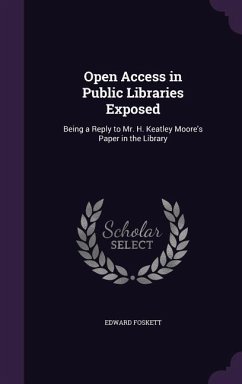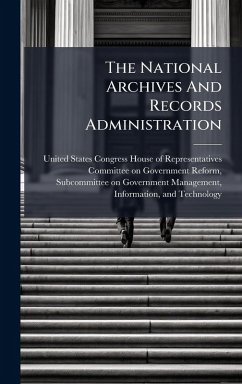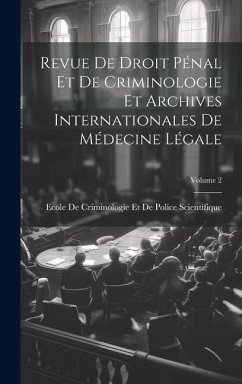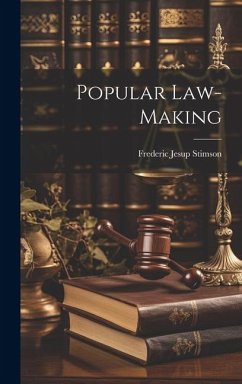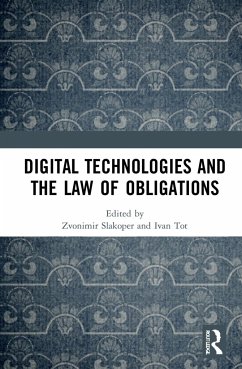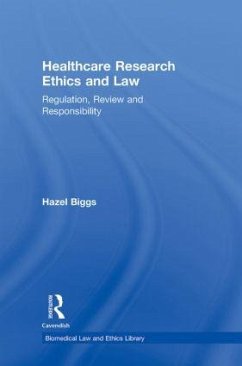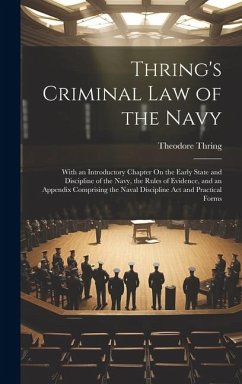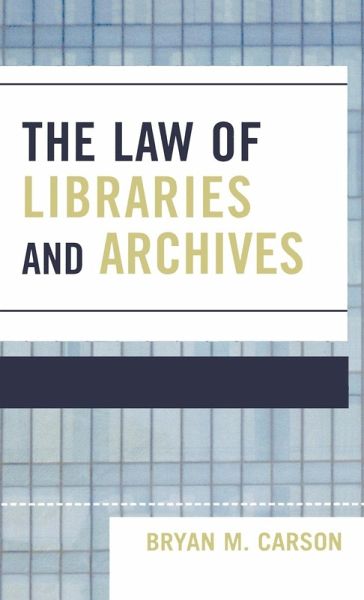
Law of Libraries and Archives
Versandkostenfrei!
Versandfertig in 1-2 Wochen
132,99 €
inkl. MwSt.
Weitere Ausgaben:

PAYBACK Punkte
66 °P sammeln!
The Law of Libraries and Archives explains legal concepts in plain English so that librarians and archivists will be able to understand the principles that affect them on a daily basis. Issues in the book include contracts, copyright and patent law, fair use, the TEACH Act, trademark law, licensing of databases, information malpractice and professionalism, privacy issues and the PATRIOT Act, employment law, and the basics of starting a non-profit organization.





